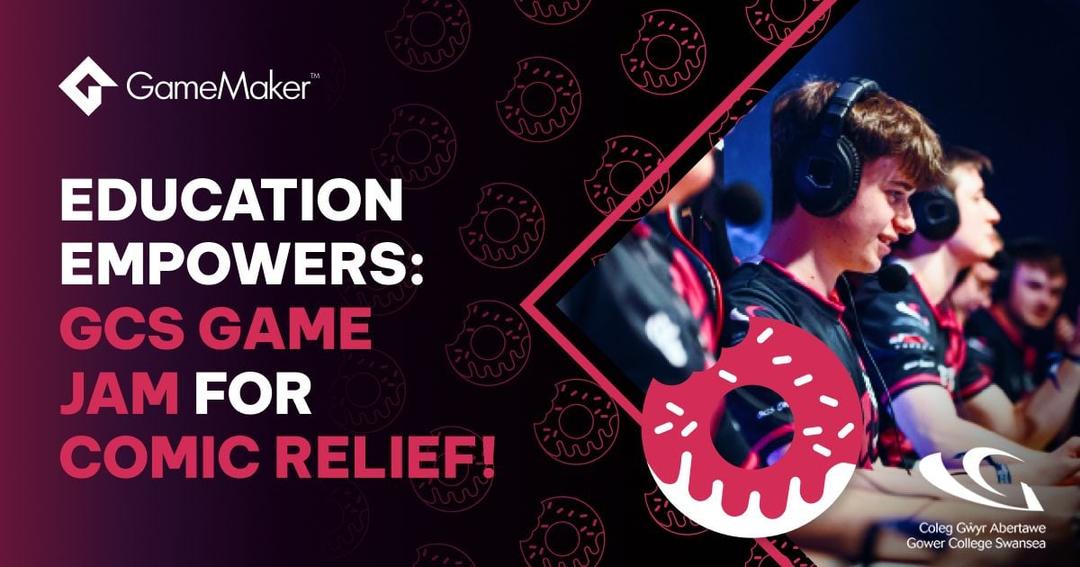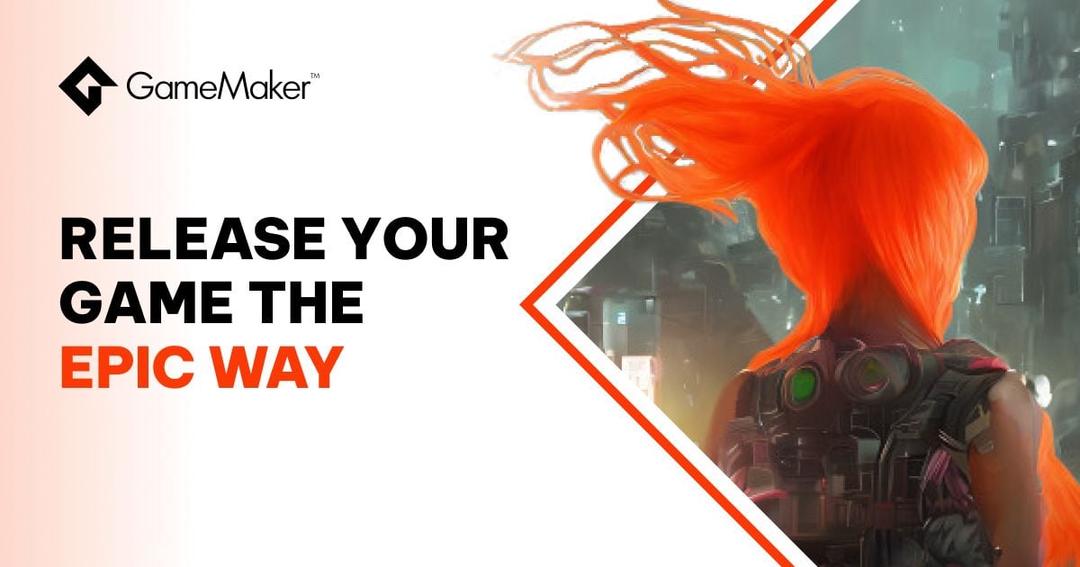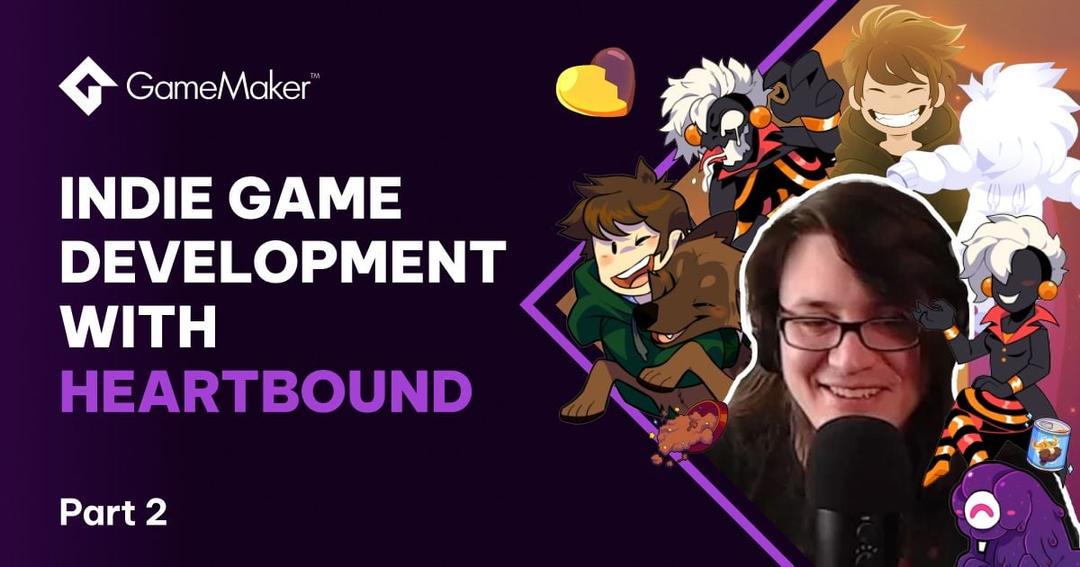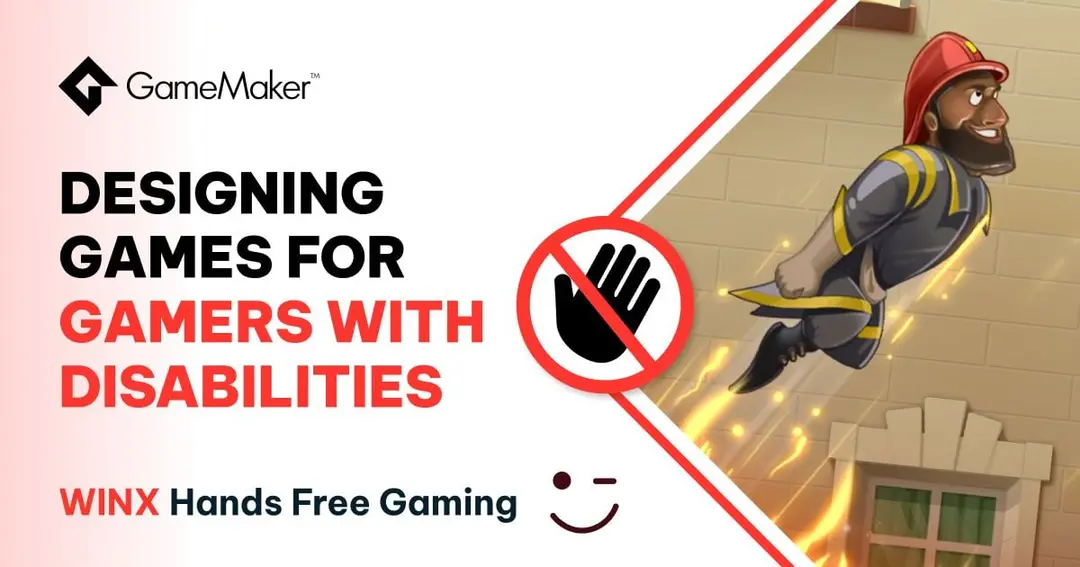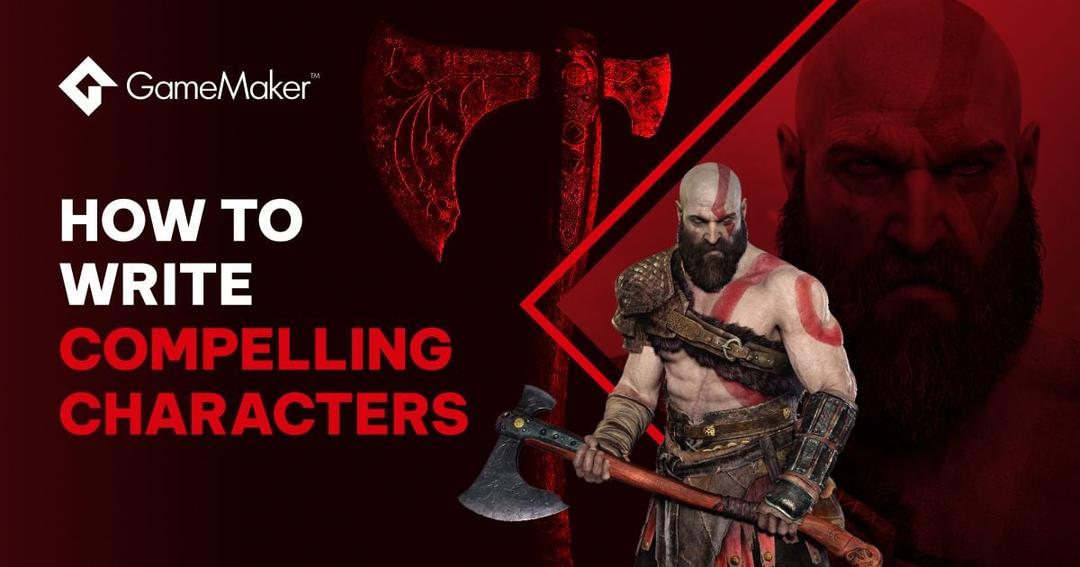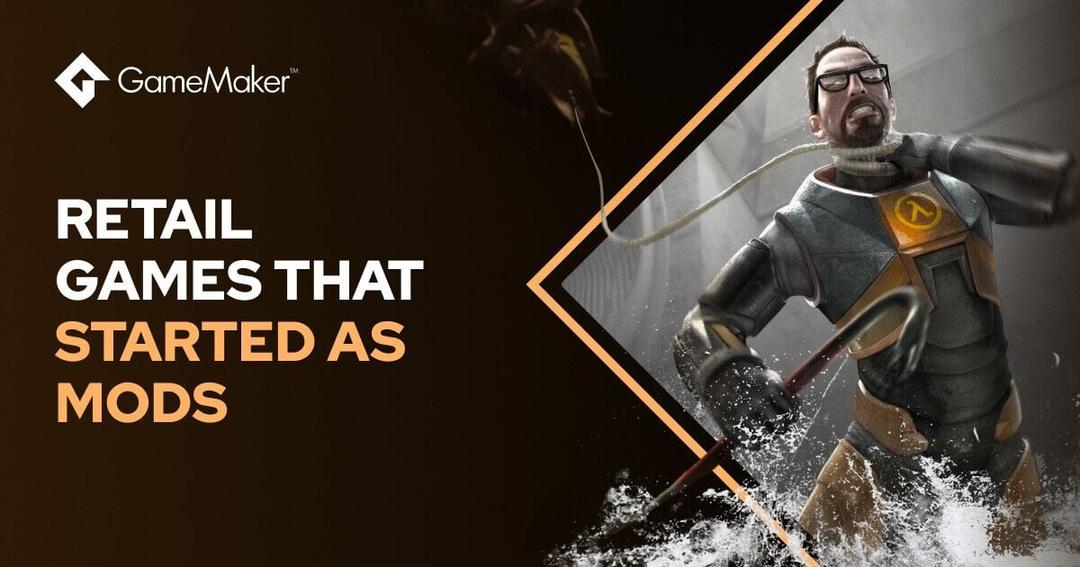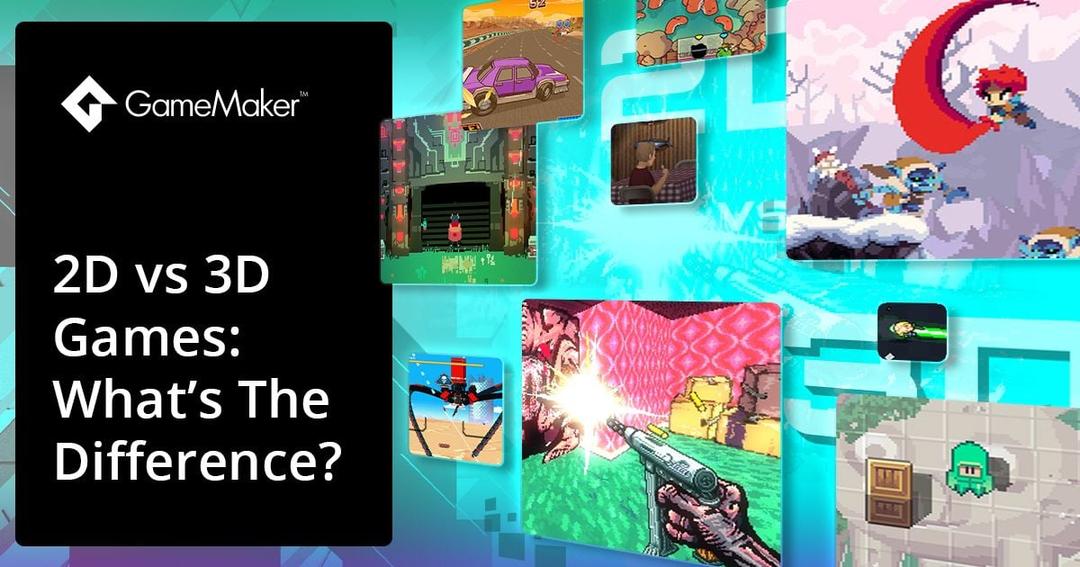What Are Indie Games & How to Develop Them
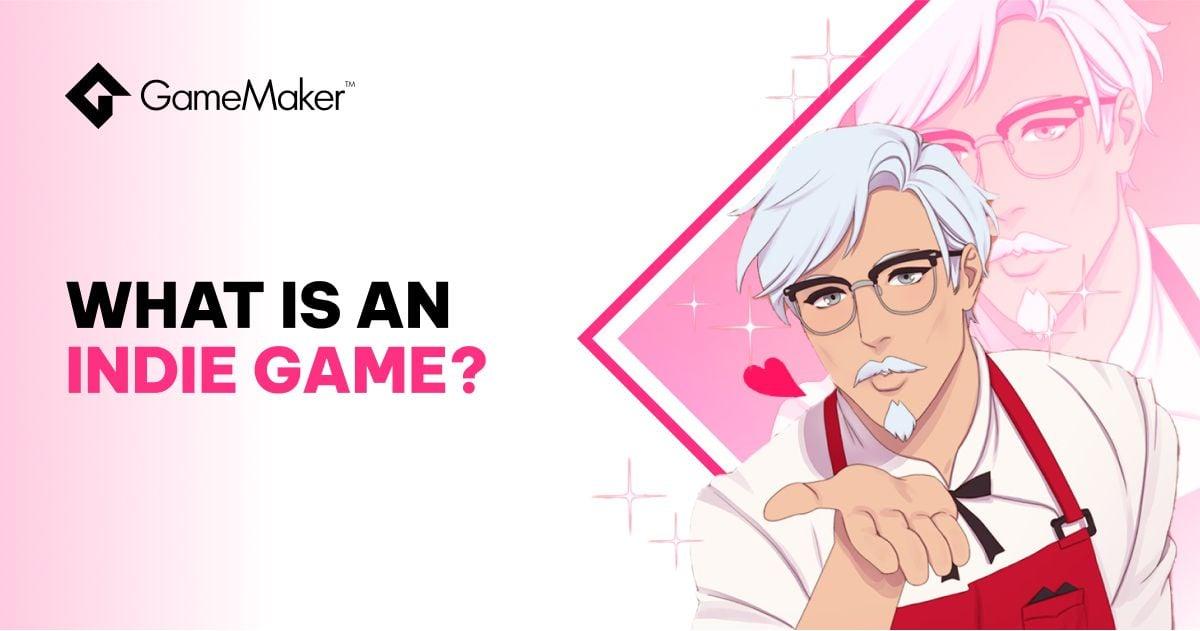
Whether you’re looking to play football with rocket-powered cars or date a hunky cartoon rendition of KFC’s Colonel Sanders, indie games - titles made by small indie game studios and solo indie game developers - have got you covered.
Indie games offer some of the most creative experiences in gaming, appearing in all major video game marketplaces from the PlayStation Store to the Nintendo eShop.
This article covers:
- What is an indie game?
- Pros and cons of developing indie games
- Why are indie games so popular?
- How do indie games get popular?
- What are the best indie games of all time?
- Which indie games have been made with GameMaker?
- How much does it cost to make an indie game?
- How much can you earn as an indie game developer?
- How to make an indie game

I Love You, Colonel Sanders, developed by Psyop
What is an indie game?
Let’s kick things off with a simple indie game definition.Do you have to work alone to be an indie developer?
Indie may be short for independent, but it doesn’t mean you have to work alone to consider yourself an indie dev. Scores of indie game studios hire multiple team members to bring their projects to life.
An indie development studio might hire an entire team of designers, programmers, artists, and sound engineers to help spread the load, whereas a solo dev will have to become a jack of all trades.
Let’s take Stardew Valley and Celeste as examples. Which of these games do you think was made by a single developer, and which was made by an indie dev studio?
We’ll give you the answer later in the article. Or you can just Google it and spoil the fun, but why would you do that?

Can you guess which of these games was made by one person?
Why are indie games so popular?
It was Ben Franklin that famously said: “In this world, nothing is certain except death, taxes, and Activision releasing another bloody Call of Duty every year”.
Indie gaming has been rising in popularity since the mid-2000s, fuelled by services like Steam and Xbox Live Arcade, and by the games industry’s increasingly profit-before-player attitude to game development.
Players were looking for new experiences that were creative and story-driven. Indie games gave them a chance to scratch that itch.
Games like Braid and Super Meat Boy helped spark the indie boom in the late 2000s, before viral sensations like Journey and BAFTA-award winners like Chicory: A Colorful Tale sent indie gaming mainstream.
It hasn’t stopped EA releasing watered-down revisions of last year’s sports titles, mind you, but such is life.

A definitely real quote by Ben Franklin
How do indie games get popular?
For AAA game developers, getting your game in front of the public is relatively easy: most are bankrolled by multi-million/billion dollar publishers and development studios that can afford to pump a bit of money behind advertising and marketing campaigns.
That’s one of the biggest challenges of indie game development: getting the word out. Given the smaller budgets indie developers tend to work with, indie games aren’t marketed on television or in YouTube adverts like Call of Duty and co.
Instead, marketing indie games is usually performed by word-of-mouth and social media campaigns, influencer support, and crowdfunds.
Doki-Doki Literature Club gained overnight popularity for its sinister tonal twist, Cuphead for its gorgeous hand-drawn art style, and Getting Over It For Bennett Foddy for its infuriating meme-y madness.
What are the best indie games of all time?
We’d be here for hours if we listed every major indie game ever released, but some of the most successful indie games of all time include:
- Celeste
- Cuphead
- Hades
- Hollow Knight
- LIMBO
- Minecraft
- Shovel Knight
- Stardew Valley
- The Binding Of Isaac
- Undertale

Success Stories: Indie Games Made with GameMaker?
Some of the most popular indie games made with GameMaker include:
- Chicory: A Colorful Tale
- Colt Canyon
- Cook, Serve, Delicious
- Forager
- Hotline Miami
- Hyper Light Drifter
- Katana ZERO
- Spelunky
- Undertale
- Webbed

Pros, Cons, and Costs of Indie Game Development
There are some exciting advantages to developing indie games over AAA behemoths, but there are always two sides to a story.
Advantages | Disadvantages |
|---|---|
Creative freedom | Limited resources |
No crunch culture | Lack of support |
Recognition | Work-life balance |
Community | Marketing |
Advantages
Creative freedom
The most important factor in the eyes of big-name publishers is how much money your game is likely to make. As an indie dev, money doesn't have to be the sole motivation behind your project.
As an indie game developer, it doesn’t matter what kind of game you’ve got in mind - you can experiment with a silly or creative premise, and make the game you want to make, rather than the game shareholders want you to make.
No crunch culture
The games industry has a well-documented problem with crunch culture, with some studios’ employees working up to 100 hour weeks in order to meet strict release deadlines.
As an indie dev, you may still have deadlines to hit, but you can work on your project as little or as often as you like.
Credit and recognition
When a new Final Fantasy releases, Square Enix gets the spotlight. The rest of the development team are relegated to the ending credits, which if we’re being honest with ourselves, we all skip if we have the option.
As an indie developer, your game’s success is your success. If you create the next trendsetting indie hit, it’s your name in the lights, not your publishers.
Community
One of the joys of making your own indie game is the community that builds around your project. Their excitement can be a source of real inspiration.
Passionate communities can also help you discover bugs, make gameplay recommendations, and even help you raise the money to continue your project through crowdfunding campaigns.

Meow at the Pumpkin Moon, developed by JoyHop Studios
Disadvantages
Limited resources
Although it's possible to make your own games for free, game development can get expensive.
Among other things, you’ll need to consider art assets, sound effects, voice actors, and publication fees for console exports. Indie developers don’t have access to the same pool of resources that mainstream developers have, and that can soon stack up.
Lack of support
If a developer at Bethesda Game Studios needs a week off work, there’s a team of co-workers available to help cover the shortfall. Not all indie developers enjoy that same luxury.
Whether you’re making your first game or you’ve broken a leg on your recent Alpine skiing trip, there’s no guarantee that you’ll get the guidance or support you need.
Work-life balance
You might not be subject to crunch culture as an indie developer, but that doesn’t mean you’re immune to it.
Not having a contracted 9-to-5 work schedule can be a double-edged sword. If you’re not careful, you could find yourself working long into the night and burning yourself out.
That’s why it’s vital you manage a healthy work-life balance, something that requires a lot of discipline according to Patryk and Paulina of JoyHop Games.
‘It’s really easy to overwork yourself,’ said Patryk. ‘I could work a few hours in the morning and then a few hours in the evening, which wasn’t healthy at all. Now we’re trying to maintain a better work-life balance and make the most of our free time.’
Marketing
The best and worst aspect of indie games is that anyone can make them. Nearly 11,000 games were uploaded to Steam in 2021 alone, and unfortunately, some people are happy uploading any old tosh in the hopes of making a quick buck.
For every Moonleap, there’s a bottom of the barrel disaster that casts a pall over the indie gaming scene.
Indie devs need to learn how to market their games effectively and grab the spotlight they deserve. It’s a competitive market, filled with high-quality and low-effort titles alike, and you need to make sure your game stands out from the crowd.

Moonleap, developed by guselect
How much does it cost to make an indie game?
The cost of making a video game varies from project to project. We’re not talking multi-millions like modern AAA titles, but you could be looking at multi-thousands depending on the size of your game.
Check out our article, ‘How much does it cost to make a video game?’, for more information on the factors that can influence development costs.
How much can you earn as an indie game developer?
There’s no definitive answer to how much money indie developers earn, since their revenue depends on the commercial success of their games.
Some indie devs strike it big with just one major release. Others, like Toroom developer Gabriel Gonçalves, are able to finance their careers with multiple releases.
Research conducted by Video Game Insights found that of the 44,000 developers on Steam, 57% raised less than $1,000 in gross revenue, and only 3% earned over $1m.

Video Game Insights Lifetime Gross Revenue data, as of February 2022
Monetising Your Indie Game: Tips and Strategies
Outside of the obvious method of selling your game on as many platforms as possible, there are four main ways to monetise your game:
- In-app advertising
- Merchandise
- Advertising
- Bundles and subscription services
- In-game events
- Downloadable content
For more information on how each of these monetisation options work, check out our article, ‘How to make money making indie games’.
How to make an indie game
If there were an easy way of making a successful indie game, we’d all be millionaires and blowing our noses with $100 bills.
Although there’s not a one-size-fits-all formula on how to make an indie game successful, there are a number of tried and true steps that you need to take if you’re planning on making your own game:
- Play games for inspiration
- Choose your game genre
- Choose your art style
- Choose your game engine
- Make or choose your game assets.
The most successful indie games are usually defined by an incredible gameplay element, gimmick, or art style that sets them apart from the competition.
Indie devs can afford to be bold, so don’t hold back. If a Colonel Sanders dating sim can go viral, then anything’s possible.
If you’re ready to step into the world of indie game development, get a taste of life as an indie dev with our GameMaker tutorial series, including:
- Hero’s Trail: Make your own action game
- Fire Jump: Make your own infinite platformer
- Little Town: Make your own adventure game
By the way, it was Stardew Valley that was made by a single developer. Five points if you got it right, no points if you Googled the answer.
Happy GameMaking!

